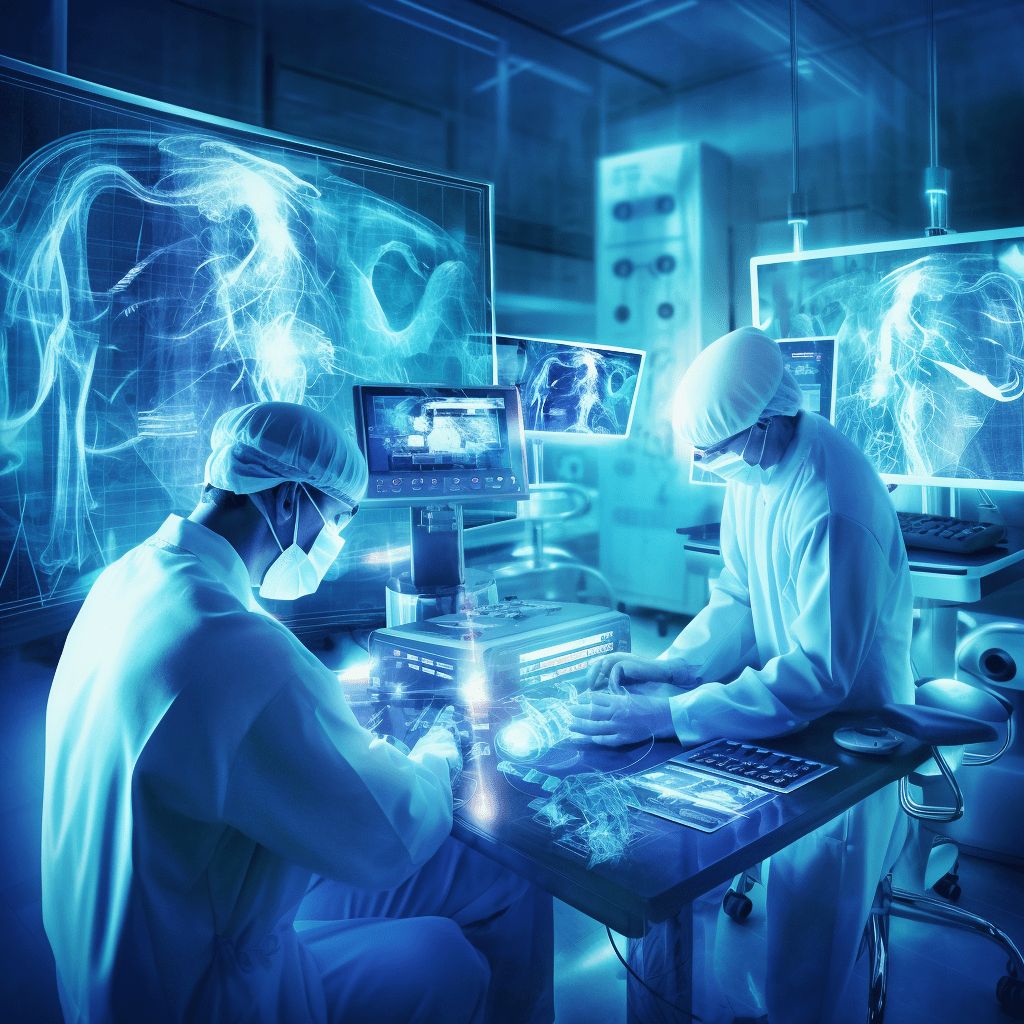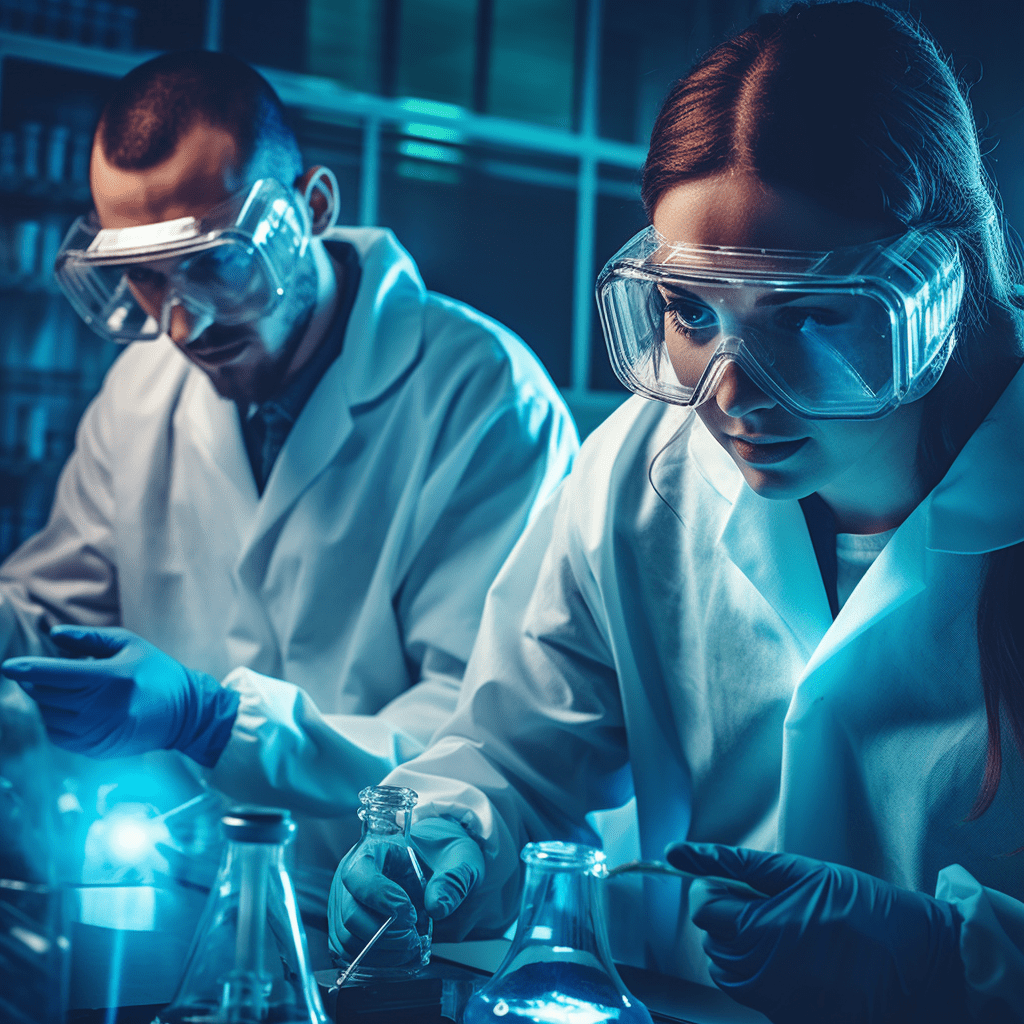Biotechnology and Environmental Sustainability: Driving Green Initiatives
In recent years, the intersection of biotechnology and environmental sustainability has emerged as a beacon of hope for our planet. As environmental challenges loom large, scientists and innovators are turning to biotechnology to find eco-friendly solutions and drive green initiatives. This article explores the remarkable ways biotechnology is contributing to environmental sustainability and revolutionizing the pharmaceutical industry.
The Promise of Biotechnology for Environmental Sustainability
1. Harnessing Microorganisms for Pollution Control
Biotechnology has enabled us to leverage the power of microorganisms to combat pollution. Through genetic engineering and synthetic biology, scientists have developed microorganisms that can efficiently break down pollutants and toxins in the environment. These microorganisms act as natural cleaners, purifying air, water, and soil.
2. Biodegradable Plastics
Traditional plastics have long been a major environmental concern due to their non-biodegradable nature. However, biotechnology has paved the way for biodegradable plastics derived from renewable resources. These eco-friendly alternatives are reducing the burden of plastic waste on our ecosystems.
Biotechnology in Agriculture: Cultivating Sustainability
3. Precision Farming
Biotechnology has revolutionized modern agriculture through precision farming techniques. By integrating genetic modification and advanced sensors, farmers can optimize resource usage, minimize waste, and improve crop yields. This sustainable approach ensures that agriculture can meet the demands of a growing global population without depleting natural resources.
4. Drought and Pest-Resistant Crops
In the face of climate change, drought and pest-resistant crops are essential for sustainable agriculture. Biotechnology has made it possible to engineer crops that can withstand harsh environmental conditions and resist pests without the need for harmful chemical pesticides.
Advancements in the Pharmaceutical Industry
5. Bio-Pharming: Sustainable Drug Production
Bio-pharming, the use of genetically modified plants and animals to produce pharmaceuticals, is transforming drug manufacturing. This approach not only increases production efficiency but also reduces the environmental impact of drug synthesis. It offers a more sustainable and cost-effective method of producing life-saving medications.
6. Biotechnology and Renewable Energy
Biotechnology is playing a pivotal role in the development of renewable energy sources. From biofuels produced from algae to microbial fuel cells that generate electricity, these innovations hold the key to a greener, more sustainable energy future.
Ethical Considerations and Public Perception
7. GMO Controversy and Labeling
Genetically modified organisms (GMOs) have been a subject of debate and concern. The article delves into the controversies surrounding GMOs, the need for transparent labeling, and the importance of public awareness in embracing biotechnology for sustainability.
8. Ensuring Equitable Access to Biotechnological Solutions
As biotechnological advancements continue, it is crucial to ensure that they benefit all segments of society. Addressing issues of accessibility and affordability will be paramount to making sustainable biotechnology a global reality.
The Future of Biotechnology and Environmental Sustainability
9. Biotechnology and Circular Economy
The circular economy presents a vision of zero waste and continuous resource cycling. Biotechnology will play a pivotal role in achieving this goal by facilitating the recycling of organic waste and developing innovative materials that promote a circular system.
10. Technological Collaborations for a Greener Tomorrow
Collaboration between biotechnology companies, governments, and other industries is essential to drive sustainable innovations on a large scale. The article explores the potential for partnerships and cross-sector efforts to address pressing environmental challenges.
Key Takeaways
Biotechnology is at the forefront of the battle against environmental degradation. From pollution control to sustainable agriculture and pharmaceutical innovations, it holds immense potential in reshaping our world for the better. Embracing biotechnology for environmental sustainability is not just an option; it is a necessity to safeguard the future of our planet.
FAQs (Frequently Asked Questions)
1. How does biotechnology help in pollution control?
Biotechnology enables the creation of microorganisms that can break down pollutants and toxins naturally, contributing to pollution control.
2. What are biodegradable plastics?
Biodegradable plastics are eco-friendly alternatives to traditional plastics that can naturally decompose over time, reducing environmental impact.
3. How does precision farming benefit the environment?
Precision farming optimizes resource usage and minimizes waste, promoting sustainable agriculture and reducing environmental strain.
4. What are drought and pest-resistant crops?
Drought and pest-resistant crops are genetically modified to withstand challenging environmental conditions and reduce the need for chemical pesticides.
5. What is bio-pharming?
Bio-pharming involves using genetically modified plants and animals to produce pharmaceuticals in a more sustainable and cost-effective manner.

Navigating the Complex World of Global Regulatory Affairs in Oncology
In today's fast-paced global pharmaceutical landscape, the regulatory affairs sector plays a pivotal role in ensuring the safety, efficacy, and market access of oncology drugs. As the demand for innovative cancer therapies continues to grow, understanding the intricacies of global...
3 years agoNavigating the Complex World of Global Regulatory Affairs in Oncology
In today's fast-paced global pharmaceutical landscape, the regulatory affairs sector plays a pivotal role in ensuring the safety, efficacy, and market access of oncology drugs. As the demand for innovative cancer therapies continues to grow, understanding the intricacies of global...
3 years ago
Overcoming the Hurdles: Navigating the Challenges in Oncology Clinical Trials
In the world of medical research, oncology clinical trials are at the forefront of innovation and discovery. These trials play a crucial role in advancing our understanding of cancer and developing more effective treatments. However, the path to successful oncology...
3 years agoOvercoming the Hurdles: Navigating the Challenges in Oncology Clinical Trials
In the world of medical research, oncology clinical trials are at the forefront of innovation and discovery. These trials play a crucial role in advancing our understanding of cancer and developing more effective treatments. However, the path to successful oncology...
3 years ago
Embracing a Patient-Centric Approach in Oncology Trials
In the realm of healthcare and medical research, the term "patient-centric" has gained significant traction in recent years. This shift in focus towards prioritizing patients' needs and preferences is not only transforming the healthcare industry but is also making waves...
3 years agoEmbracing a Patient-Centric Approach in Oncology Trials
In the realm of healthcare and medical research, the term "patient-centric" has gained significant traction in recent years. This shift in focus towards prioritizing patients' needs and preferences is not only transforming the healthcare industry but is also making waves...
3 years ago